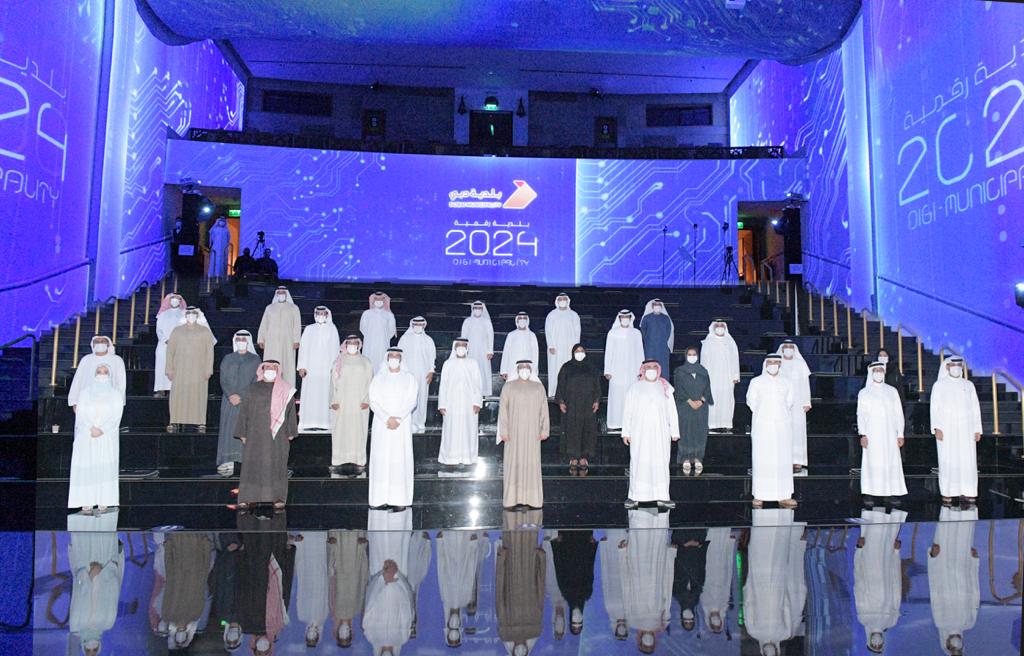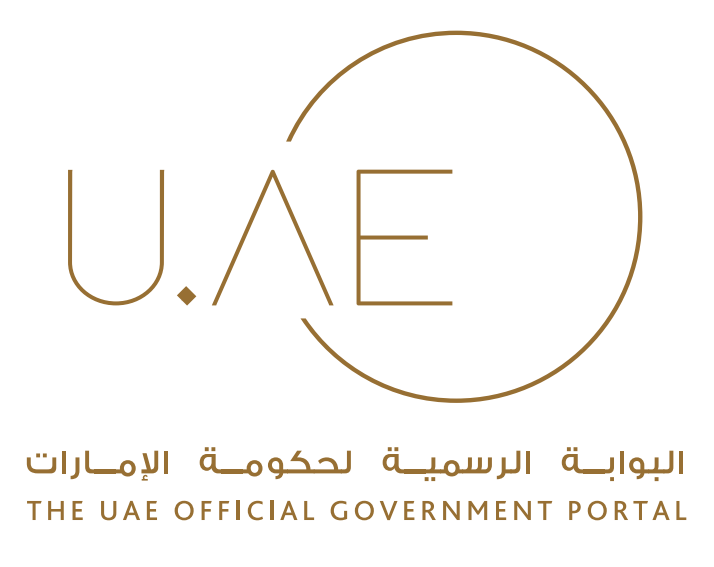Dubai is bolstering its digital infrastructure and its Internet of Things (IoT) platform and systems as part of introducing technological innovations that will enhance environmental and infrastructural sustainability and improve the happiness and quality of life of residents and visitors in Dubai.
Dawoud Al Hajri, Director General of Dubai Municipality, said modern technologies have become a priority in many global cities. “Numerous futuristic technologies will be implemented by Dubai Municipality to manage city operations coordinated by an advanced digital system designed to improve service levels and make customers happy,” he added.
“The application of modern technologies will reap many benefits, such as raising the efficiency of operations, reducing costs, enhancing innovation, forming safer and digitally bonded societies, creating new opportunities for economic development and an advanced and technically connected infrastructure, increasing workforce participation, and making more effective decisions based on data analysis,” Al Hajri pointed out.
“Against the backdrop of the dynamic development witnessed by the emirate and the growth of all sectors, the operations required to maintain the cleanliness and quality of air in Dubai have become Dubai Municipality’s highest environmental priorities, as it seeks to achieve its national and strategic goals,” he added.
“Given the importance of advanced digital infrastructure and its role in the development of smart cities, we will deploy cutting-edge technologies such as Artificial Intelligence (AI), the IoT, Big Data, Robots and Blockchain to achieve a leading position among global cities. We have started on the journey of digitisation and have implemented many projects using IoT and AI technology, after benchmarking our infrastructure with the world's leading smart cities,” Al Hajri pointed out.
“We have proven the concept in three cases using IoT, including smart grease monitoring (Fog Trap) in wastewater to accurately measure the levels of fats, oils and greases and sending the required data to the IoT infrastructure in order to monitor and alert people on time. Its implementation in the city will enable us to achieve a 116% return on investment while also developing the city's technological infrastructure,” he added.
“We have installed a smart control system for slope lines with a drainage network, with sensors installed on pipes, which monitor pressure and send data to the control room. Through this analysis, the system identifies any emergency situations for pipelines and pressure control, which supports preventive maintenance and control of drainage networks accurately,” Al Hajri explained.
“The use of IoT and AI in water management in the irrigation network seeks to predict the level of water demand, classify customer uses, identify delivery priority, and control pumps and valves, which will help in planning equipment maintenance, avoiding water scarcity, and increasing network reliability and proactively reducing negatives in pumping stations and water tanks,” he pointed out.
“Dubai Municipality is also currently working on upgrading the digital infrastructure to enhance the application of IoT solutions in Dubai, to create a flexible, multi-use standard digital structure capable of communicating with all types of sensors, allowing the exchange of data with other devices in real time, and capable of processing big data in parallel, to predict patterns and identify trends to take automatic actions and ensure quick and effective communication with sensors. The infrastructure is capable of measuring air quality standards to collect data in real time and use it in developing a cognitive prediction system and making predictive analyses more effective,” Al Hajri explained.
A state-of-the-art integrated technological ecosystem is being used to support the maintenance of food supplies. Featuring the latest innovations, the system uses smart sensors to monitor temperature, humidity, light and air quality in food storage facilities to ensure the quality and safety of food products, Al Hajri said.
“Drones are also being used in agricultural farms to collect real-time data on plant health while sensors are used to monitor moisture levels and soil quality to regulate irrigation operations,” he added.









 For an optimal experience please
For an optimal experience please